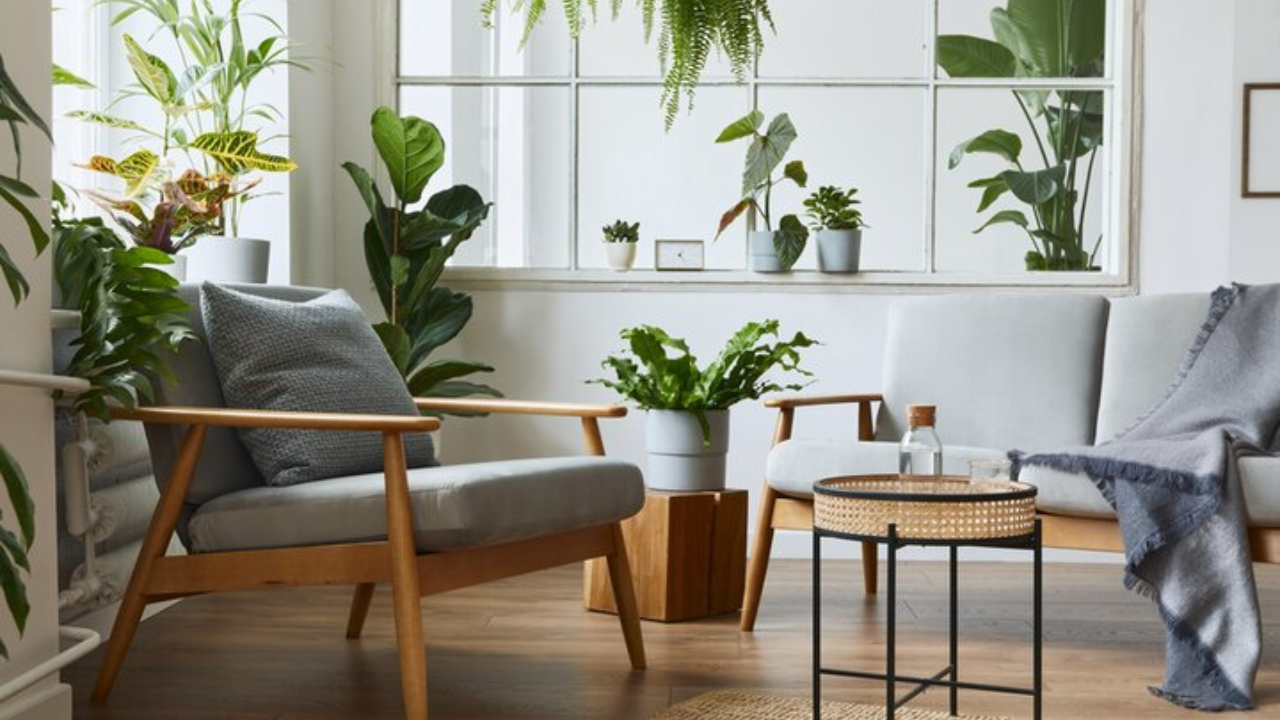Nature’s Remedies: Exploring the Best Plants for Depression
The power of nature to restore our emotional health is undeniable. Did you know some plants act like medicines, helping us feel better when feeling down? Yes, really! Certain plants are the best plants for depression. They can cheer us up and smile on our cheeks, much like a hug from a buddy might. Here, we’ll explore the fascinating world of these plants and learn how they might become helpful partners in the fight for improved mental health.
The Science Behind Plant Therapy for Depression
You get joy and calm when you’re in a natural setting. How come, in your opinion? There’s a scientific explanation for that. Our brains create hormones that make us feel better when we view natural phenomena like leaves blowing in the breeze or flowers opening. Biophilia describes the unique connection that humans have with vegetation. When we’re close to nature, we feel better.
Essential Plant Compounds and Their Effects
Best plants for depression are like mini-factories, cranking out fantastic mood- and health-boosting substances. Like little superheroes, these chemicals relieve stress and boost mood. Consider how calming the aroma of lavender is. Linalool, a component of lavender, has been revealed to have a soothing impact on the central nervous system. It’s an excellent means of relieving tension and stress after a long day.
Top Plants for Easing Depression Symptoms
Let’s get to know some of the unique plants that can aid us in our fight against depression. Visualize your very own indoor garden of delight. Here are the five best plants for depression that improve mental state:
- First are sunflowers, like a bright ray on a gloomy day. Their large, colorful blossoms and friendly expressions never fail to brighten our day.
- Second, lavender is not only aesthetically pleasing but also smells lovely. Its aroma can relieve stress and tension by taking us to a tranquil sanctuary.
- Aloe vera is like a trustworthy buddy who helps keep the air pure. It not only makes our surroundings more pleasant, but it can also help us remember the wonders of nature.
- In addition to cleaning the air, spider plants seem like cute, tiny friends. Their beautiful leaves make indoor spaces more pleasant and help purify the air.
- Like all of us, snake plants are resilient and can overcome significant challenges. They can improve the ambiance of our homes, making it simpler to relax and unwind.
Indoor Plants for a Calming Environment
Sometimes, we can’t always be outside in nature. But guess what? We can bring character indoors with the help of indoor plants! These green wonders create a calming atmosphere in our homes and represent nature. Indoor plants can thrive in sunny windows and cozy corners with low light. They bring a touch of personality to your home.
Creating a Healing Outdoor Space
Imagine entering a magical garden, the air heavy with the sweet aroma of flowers and the sound of gentle leaves rustling in the breeze. Gardens are peaceful places to unwind and enjoy nature away from the stresses of daily life. Private outdoor space can be an excellent way to reconnect with nature and rediscover the joys of being outside.
DIY Tips: How to Care for Depression-Fighting Plants
Caring for plants is like nurturing a special friendship. They need our love and attention; in return, they share their beauty and positive energy. Each plant has its preferences, so learning about their needs is essential. Remember to
- Water them gently.
- Provide the right amount of sunlight
- and give them a cozy home
By taking care of these depression-fighting plants, we also care for ourselves.
Incorporating Plants into Everyday Rituals
Plants can be incorporated into our daily lives to provide us with moments of pleasure and reflection. The first thing we should do each morning is greet the plants in our home. Sitting by our plants during meditation or reflection allows us to absorb their healing energies while focusing on our breath and the sounds of nature around us. These mundane practices give gentle prompts to pause, take stock, and focus on well-being.
Conclusion
Plants have an uncanny knack for making an emotional connection with us. Like sunflowers and lavender, all the best plants for depression provide unique benefits. Care for these green companions, and you’ll be doing a favor for your health. We can find many mood- and life-enhancing therapies in nature. A plant’s ability to heal the mind is unique, and nature is always available.







